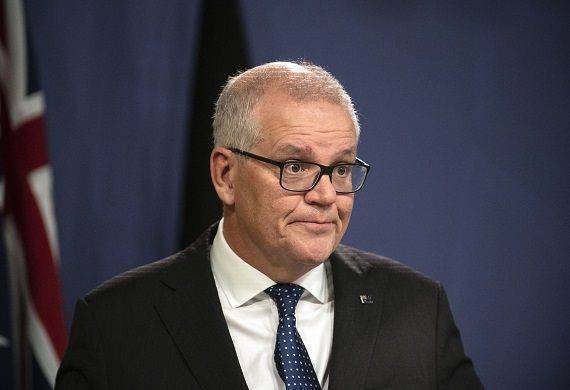Former Australian PM Urges U.S. to Strengthen Economic Ties in Indo-Pacific
By Global Leaders Insights Team | Jul 24, 2025

Scott Morrison, Australia’s former prime minister, has called on the United States to ramp up its economic presence in the Indo-Pacific to balance China’s growing influence.
Speaking at a U.S. congressional hearing on Wednesday, Morrison emphasized that Southeast Asian nations care deeply about economic stability. He believes the U.S. can offer these countries more options by boosting investment and economic partnerships, reducing their dependence on China.
“When China is active in a particular country, the response is to double down and be there even more strongly to provide them with that choice,” Morrison told the Select Committee on U.S.-China Strategic Competition. He shared Australia’s own experience, recalling how China slapped $20 billion in unofficial trade sanctions on Australia after it pushed for a COVID-19 origins investigation in 2020. Those restrictions were lifted in 2022 after a new government took over in Canberra.
- Scott Morrison Urges U.S. to Boost Indo-Pacific Economic Ties to Counter China
- Former Australian PM Calls for U.S. Investment Surge in Asia to Balance China’s Influence
- Morrison Warns U.S. on Rare Earths, Stresses Quad Unity Against China’s Economic Leverage
Morrison urged the U.S. to team up with Quad partners—Australia, Japan, and India—to secure a steady supply of critical minerals and rare earths needed for defense equipment, like the nuclear-powered submarines in the AUKUS agreement. “Processed rare earths are essential for nuclear submarines, F-35s, and other defense technologies,” he said, pointing out how China’s recent export curbs on rare earth magnets shook global markets before being reversed.
He also suggested the U.S. extend defense-backed deals, like one recently supporting U.S.-based MP Materials, to its allies. This move, he said, would help the region resist China’s economic leverage. But Morrison warned that many Australians view China as an economic partner rather than a security threat, according to a Lowy Institute poll, which could make it tougher to highlight strategic concerns.
Also Read: French President Macron Sues Podcaster Over Harmful False Claims
With U.S.-China trade tensions ongoing, marked by recent tariffs and negotiations, Morrison’s message is clear: the U.S. must focus on economic diplomacy to maintain its influence in the Indo-Pacific. By building stronger economic ties, it can offer a compelling alternative to China’s expanding regional role.
.jpg)



